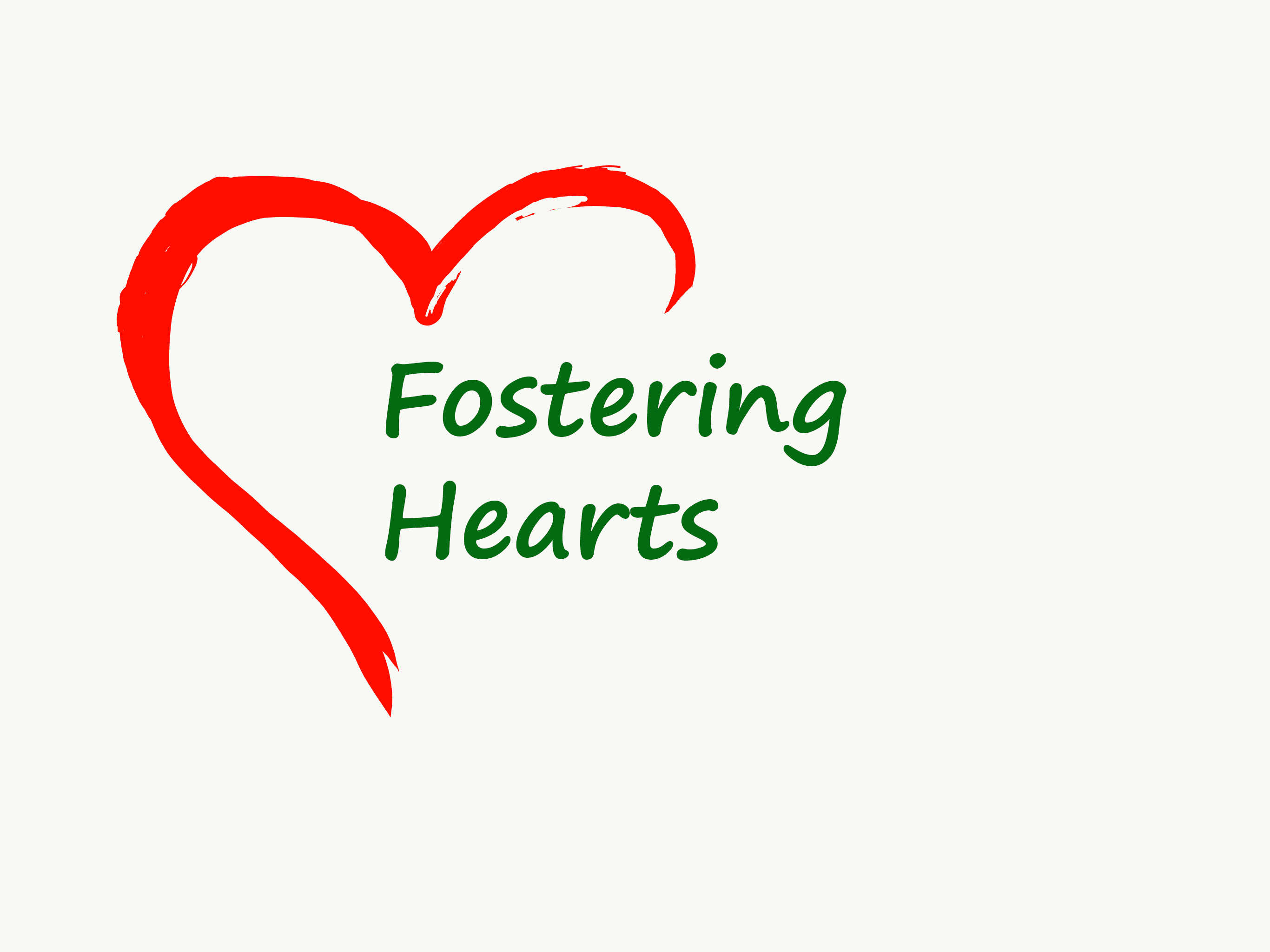Types of Support for Foster Carers
Fostering Hearts understands that providing foster care can be difficult both emotionally and financially, so it offers many types of support for foster parents in order to make their job easier. Here are some of them:
Key Worker & Social Worker Availability – A key worker is an assigned social worker who works closely with the foster parent and child throughout the entire fostering process. This professional helps you keep track of all paperwork, appointments, development opportunities, etc., as well as offering emotional support when needed.
Financial Support & Allowance Payment – Fostering Hearts offers financial assistance for those who are fostering a child. This includes an allowance payment that covers basic necessities such as food, clothing, school supplies and transportation costs for the child during the fostering period. These in total are about £475 a week per child (as of 2023).
Support Groups & Events – Foster parents have unique needs that require specialized attention from knowledgeable professionals; thus Fostering Hearts facilitates regular meetings between experienced carers where they can share stories and discuss relevant topics related to fostering in order get advice or find comfort amidst similar situations. Additionally, Fostering Hearts regularly organizes events where foster parents can come together with other members of their community in order create a sense of belonging amongst those involved in fostering work.
One of the biggest benefits to becoming a foster parent is being able to join the community and build a supportive network. Support groups and events can be an invaluable way to meet other foster parents who are going through similar experiences, as well as to receive advice, tips, and encouragement from experienced members. Training courses are also essential for any foster parent; providing them with the opportunity to learn more about best practices, necessary skills and knowledge, and relevant laws. Taking part in these activities allow foster parents to stay informed of recent updates and can help them provide the best care possible for their charges.
Training Courses & Developmental Opportunities – In addition to providing monthly meetings with experienced caregivers, Fostering Hearts also offers training courses designed specifically for those interested in becoming qualified foster carers or improving on existing skillsets; these courses involve lectures on best practices as well as practical demonstrations conducted by experts in various fields related to caring for children (e.g., educational psychology). Furthermore, developmental opportunities such as educational programs aimed at helping children excel academically are also available through Fostering Hearts’ network.
Taking care of children is no small feat and having a qualified professional at your side 24/7 provides both peace of mind and reassurance for those fostering. We are there for our carers 24/7 and you can call for advice and guidance on all matters related to their foster child at any time. In addition to this, these professionals are responsible for arranging regular visits to assess the home environment and ensure everything is running smoothly. Foster carers can be confident knowing there is always someone in their corner ready to help.
Emotional & Practical Support from Family & Friends – Finally, family members and friends also play an important role when it comes time for someone taking on the responsibility of being a foster parent; these individuals may be able provide emotional support (e.g., listening ear) but more importantly can offer practical advice regarding things like childcare options available locally or how best manage day-to-day tasks associated with parenting.. Conclusion: Summary of Different Types Of Support Available To Foster Parents Caring for vulnerable children requires dedication and understanding on behalf of both parties involved—the parent(s) must be willing to accept another person into their lives while providing them with love and stability while simultaneously meeting all legal requirements associated with taking guardianship over said individual; similarly ,the child must feel comfortable enough around these new people so they can start rebuilding trust after whatever trauma led them away from home.. Fortunately there are organizations like Fostering Hearts that exist solely for this purpose—by offering key workers ,access to other professionals ,financial aid ,support groups ,training courses ,and emotional/practical support from close family/friends—they make sure every step taken towards successful fostering is monitored closely ensuring everyone involved has a chance at finding peace . Closing Thoughts About The Vital Role Foster Parents Play In Caring For Vulnerable Children Being a foster parent isn’t easy—it takes dedication ,patience ,a lot understanding —but it’s an incredibly rewarding experience . Not only do you get teach young people valuable lessons about life but you also get build strong relationships based on mutual respect which will hopefully last long after your duties end . So whether you’re considering becoming one yourself or know someone looking into it remember just how vital this role really is .
